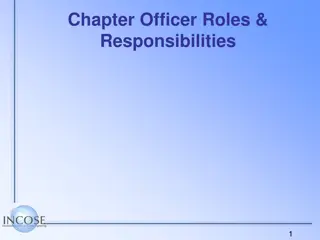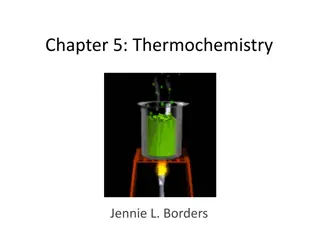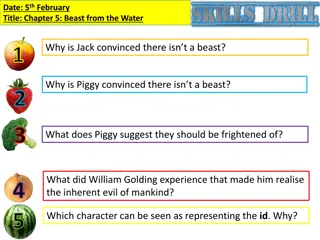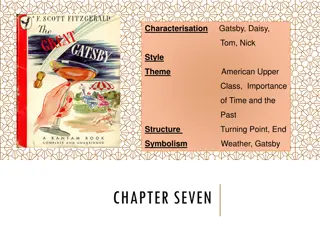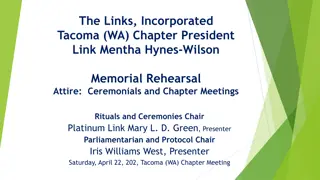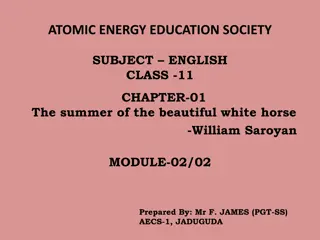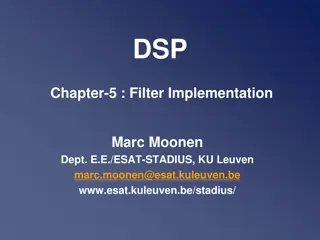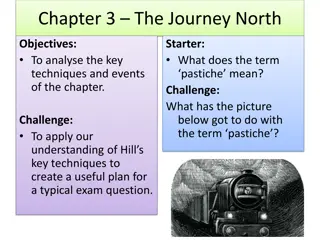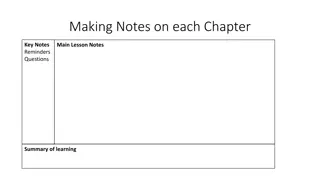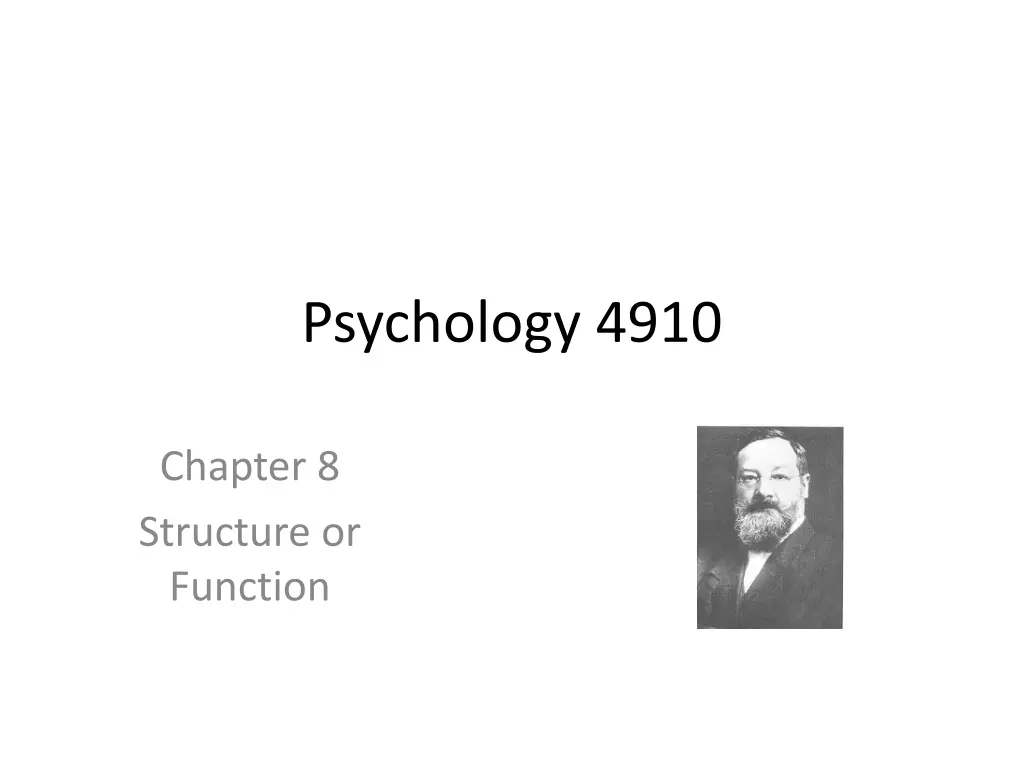
Exploring Edward B. Titchener's Contributions to Structuralism in Psychology
Discover the foundational work of Edward B. Titchener, a key figure in the field of psychology, particularly known for his structuralist approach and method of introspection. Explore the concepts of structuralism, experimental psychology, and dimensions of consciousness as outlined by Titchener during his time, shedding light on the early developments in psychological research.
Download Presentation

Please find below an Image/Link to download the presentation.
The content on the website is provided AS IS for your information and personal use only. It may not be sold, licensed, or shared on other websites without obtaining consent from the author. If you encounter any issues during the download, it is possible that the publisher has removed the file from their server.
You are allowed to download the files provided on this website for personal or commercial use, subject to the condition that they are used lawfully. All files are the property of their respective owners.
The content on the website is provided AS IS for your information and personal use only. It may not be sold, licensed, or shared on other websites without obtaining consent from the author.
E N D
Presentation Transcript
Psychology 4910 Chapter 8 Structure or Function
Edward B. Titchener (1867-1927) 1890 92: Studied with Wundt at Leipzig Established psychological laboratory at Cornell University, in Ithaca Utilized a simpler approach than Wundt Believed the unconscious to be fiction Psychology distinguished from other disciplines by psychologist s point of view Need for introspection
Edward B. Titchener (1867-1927) Method Introspection: Process by which individuals describe their experience Psychophysical parallelism: By referring to events in the nervous system we may be able to explain mental processes without regarding those events as causing mental processes Psychology = Study of generalized human mind by means of experimental introspection
Structuralism Aimed to uncover elementary structures of mind Distinct from structuralism of Piaget Biology analogy Biology has structural and functional parts Scientists can inquire about structure without looking at function Examine sensations, images, affection as underlying units/processes
Experimental Psychology Outlined how a beginner student in experimental psychology could acquire fundamental skills Psychological experiment consists of introspection or series of introspections made under standard conditions Students need vocabulary to introspect properly Avoid stimulus error Content divided into two parts: Qualitative Quantitative
Dimensions of Consciousness Developed abstract approach to study of consciousness Shifted focus away from basic elements Stressed analysis of consciousness in terms of dimensions Never fully outlined what dimensions of consciousness were or how many there were Died before producing the great work on the subject that his students expected
Dimensions of Consciousness E.G. Boring Published account of what he considered to be Titchener s central views Singled out four dimensions of sensory experience for discussion: Quality: Variation in basic experiences Intensity: Strength of an experience Extensity: Experience can vary across wide area Protensity: Duration of sensory experience in time
Titcheners Influence Little left of the content of Titchener s system to influence subsequent generations of psychologists His method of introspection received less and less support Proposition that psychology was experimental discipline continued to receive widespread support in academic psychology
Functionalism Set out to violate strictures that Titchener tried to place on psychology Open to methods other than introspection Select the method to fit the particular problem Heavily influenced by Darwin Foundation of functionalism was theory of evolution Interested in function that psychological processes serve Focused on how organisms adapt to their environment
John Dewey (1859-1952) Wrote a critique of the reflex arc concept. Paper contains: Criticism of reflex concept as elementaristic and mechanistic Suggested that stimulus created by organism through act of paying attention to something Stimulus responses are not distinct events; mutually influence one another
Influence on Educational Practice Teachers influenced by psychological assumptions they make about children and educational process Children and adults are different Adult already possesses cognitive abilities that child is in the process of developing Argued against teaching the 3 R s Challenged ideal of formal discipline
Influence on Educational Practice Did not advocate for progressive education but became associated with it Teachers had responsibility to provide students with experiences that are worthwhile Teachers should: Become acquainted with community conditions (historical, economic, occupational) Connect education with experience Give children some autonomy over learning experience
Robert S. Woodworth (1869-1962) Proposed the S-O-R framework S-O-R S = Stimulus R = Response O = Organism (subject) W-O-W O = Organsim W = World (environment)
Intelligence Testing Functionalism created climate in America within which applied psychology could flourish Emergence of intelligence test One of the best examples of the application of psychological methods to practical problems James Cattell (1860-1944) introduced the term mental test His test lacked validity and did not correlate with academic performance.
Alfred Binet (1857-1911) Invented most influential form of intelligence test Collaborated with Theophile Simon Discriminated between normal and subnormally intelligent children Allowed children of subnormal intelligence to be understood in psychological terms Determined that slow children belonged in special ed classes, not hospitals Redefined intelligence as psychological dimension
Alfred Binet (1857-1911) The Binet-Simon Scale 1904: Minister of Public Instruction created Commission on instruction of defective children Binet and Simon defined intelligence in functional terms, as practical sense Consists of reasoning and comprehension Allows children to be compared in terms of mental age Determined by age level of items a child can pass
Lewis M. Terman and the Standford Binet Lewis M. Terman Developed the most successful adaptation of Binet-Simon scale in American context Innovation of intelligence quotient, or IQ William Stern IQ obtained by dividing person s mental age (MA) by his/her chronological age (CA) MA = IQ 100 CA
Intelligence Testing in the US Army Culturally-biased Items required basic knowledge of American history National differences in intelligence Interpreted as innate racial differences Used as justification for Immigration Act of 1924 (excluded immigrants from southern and eastern Europe) Racial differences in intelligence Truly reflected education disadvantage of Blacks from southern states
What is Intelligence Acquired? Innate? Binet: Viewed intelligence as collection of different skills Boring: Viewed intelligence as capacity to do well on intelligence test After WWII, intelligence test become embedded in American culture Scholastic Aptitude Test Definition of intelligence has changed more than intelligence tests have
Psychology in Business Application of psychology to problems of interest to business Hugo M nsterberger Psychology and law Psychology in industry Walter Dill Scott Developed mental tests for businesses
Frederick W. Taylor (1856-1915) Lifetime focus on efficiency Scientific management e.g., Bethlehem Steel Company Increase output of individual workers, decrease total number of workers Methods developed by Frank and Lillian Gilbreth Time and motion study Instantaneous photography Micromotion pictures to train workers on the best way to do their jobs
Elton Mayo (1880-1949) 1926: National Research Council studied effect of changes in lighting on workers output at Western Electric Plant in Hawthorne, IL Mayo was part of group called in to investigate Hawthorne effect: Any change in work conditions increases output Being watched produced increased output Work is inherently social activity
Comparative Psychology Understanding evolution of behaviour through comparison of different species George John Romanes Mind = Subject matter Anthropomorphic; focused on continuity Criticized for being anecdotal C. Lloyd Morgan Experimental approach to study animal behaviour Canon: Rule that regulates how one should investigate something
Edward L. Thorndike (1874-1949) Researched animal intelligence Puzzle box: Apparatus assembled by Thorndike out of wood Procedure: Cat placed in puzzle box with food outside Cat required to pull on a string and push a latch Thorndike concluded that cat did not use reason to escape Law of effect The immediate consequence of a mental connection . . . can work back upon it to strengthen it


